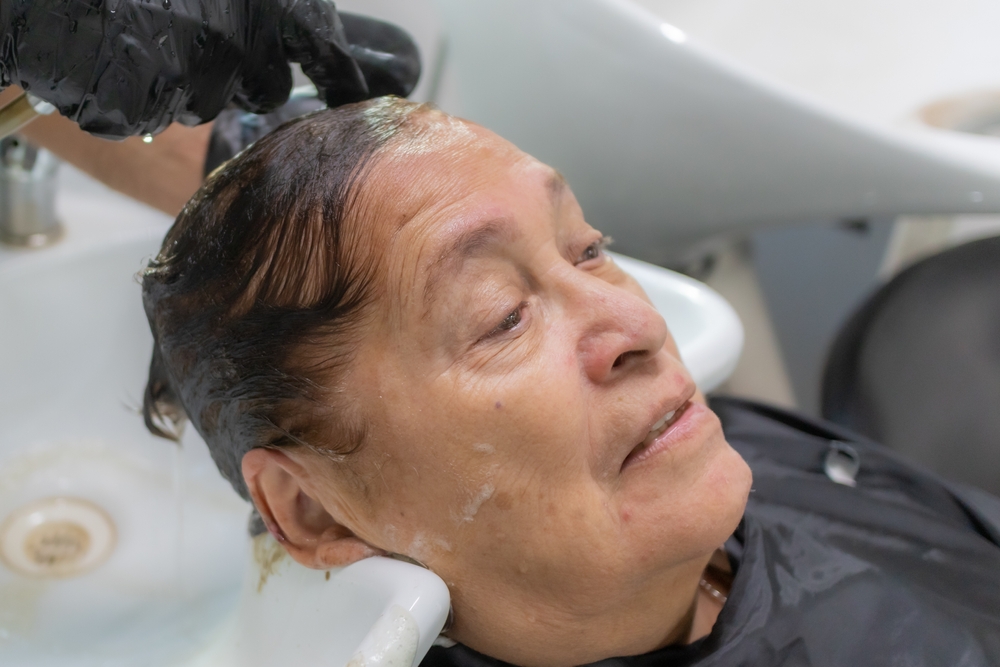Buying a House With an Elderly Parent: Pros and Cons
Category:

Can I buy a house with my dad? Is buying a house with my mom possible? Like so many things in life, these questions appear much simpler than they are. Deciding to buy a house for elderly parents can be a great idea – but only in the right circumstances. Because buying a house with your parents can involve weighing a variety of personal, legal, and financial considerations. Below you can learn more about the kinds of things you’ll want to keep in mind.
Buying a House Jointly with Parents
If your parents don’t have an income, co-signing onto a mortgage may be necessary. That’s actually one of the simplest and most common ways of buying a house with an elderly parent. And joint ownership over a property has many clear advantages, especially when it comes time to pay your taxes.
Plus, lenders are typically more likely to give better interest rates to an owner of an occupied home, as opposed to a rental property. Buying a home for parents to live in is generally regarded the same as buying an occupied home, which can make interest rates attractively low.
There’s also potential for convenience with estate planning. When your parents pass away someday, the property can exchange hands smoothly, and without the need for lawyers. However, these kinds of arrangements can also lead to legal issues if assets are to be split among several siblings; some circumstances can require additional planning
Disadvantages & Other Considerations
The disadvantages of buying a home for parents to live in are situational. But some of them are quite severe. If your parents’ name is on the title, and it becomes necessary for them to apply for Medicaid, the home is likely going to be considered an asset. That means it would have to be sold for admission into Medicaid; the so-called payer of last resort. Moreover, joint ownership means it’s not possible to dispose of the property without mutual consent.
If one party can’t or won’t keep their financial commitments, the responsibility for missed payments will fall on both parties. In addition to financial losses, you can damage your credit.
Joint ownership can also make you vulnerable to unintended benefactors, ranging from ex-spouses to common creditor claims.
Download Our 10 Home Safety Tips for the Elderly
Buying a Retirement Home for Parents
The advantages and disadvantages of different ways of buying a retirement home for parents mostly derive from the way you decide to go about it. Buying a house jointly with parents can provide a handful of advantages, but if possible, there are also alternatives worth considering.
For instance, if you buy a house as an investment property, you can get deductions on insurance premiums, repairs, and a variety of other related costs. If you buy a home and already own one, your second home will count as a vacation home. The mortgage interest and property taxes on that type of home can be deducted in amounts as high as $1 million.
For tax reasons, you would need to make sure you put together a formal lease agreement for your parents and may want to become familiar with some of the IRS guidelines about renting to family.
Buying House with Elderly Parents – Good Idea?
Figuring out the right way how to buy a house with parents involves weighing several advantages and disadvantages, and these kinds of arrangements are not right for everyone. Frankly speaking, joint tenancy has a historical record of leading to a lot of litigation issues, especially when it comes time for assets to be split among relatives.
There can also be some reason for concern to enter into joint ownership arrangements in circumstances where both parties are not financially responsible, for families experiencing regular interpersonal conflict, and for those with dementia. But if you can navigate those problems smoothly, buying a house with loved ones can work out wonderfully.
Subscribe
Date: 2021-05-27
Category:


